Why is Israel a powerhouse of technology incubators and innovation? - Moment Magazine posed this question when posting an article about technology from Israel - a Middle Eastern country on the Mediterranean Sea.
Moment Magazine Since 1966, 13 Israelis have been awarded the Nobel Prize. In 2022, Israeli technology attracted about $17 billion in investment in startups.
On top of that, the number of Israeli unicorns (private companies valued at over $1 billion) is estimated to be around 70. Additionally, Israel has the third-highest number of companies (after the US and China) on the US Nasdaq Stock Market.
And over the years, some 300 multinational corporations have opened offices in Israel to benefit from the country's Research and Development (R&D) capabilities.
Why is Israel so successful in the world of technology? To achieve these achievements, since the late 1980s, the Israeli government began supporting high-tech development through the Israel Innovation Authority (IIA) - an independent but government-funded agency.
IIA currently offers a variety of support, from “incubators” for early stages of innovation to providing training and seed funding to connecting startups with funders in Israel and abroad.
Additionally, several Israeli universities – ranked among the world's top – are responsible for training the majority of Israel's high-tech startup founders, as well as its scientists and engineers.
Israel, known as the Start-up Nation, has brought such remarkable inventions to the world. Here are some of Israel's scientific and technological innovations:
Iron Dome missile defense system
Iron Dome was developed by two Israeli companies, Rafael Advanced Defense Systems and Israel Aerospace Industries.

Iron Dome is capable of detecting incoming short-range rockets and mortars; assessing the threat and dispatching high-speed missiles to intercept and destroy anything identified as dangerous.
Waze real-time navigation app
In 2006, Israeli entrepreneurs Ehud Shabtai, Amir Shinar and Uri Levine developed a non-commercial digital database to help drivers shorten travel times in Israel.
Today, it's Waze, the real-time driving app owned by Google and used by 140 million people worldwide every month.
Users can report traffic accidents, road hazards, police activity, street events, and even gas prices.
Waze uses data to continuously update its maps, showing only the fastest route.
Mobileye safe driving technology
Cars don't always have cameras, and Mobileye can help warn drivers when a vehicle is moving too close to another vehicle.
Hebrew University professor Amnon Shashua's research on monocular vision systems led him to found Mobileye in 1999 and develop a number of safe driving technologies. Today, Mobileye is targeting semi-autonomous and autonomous vehicles.
Netafim drip irrigation system
This Israeli invention has changed the world of agriculture . The story begins with Simcha Blass and his son.
Simcha Blass and his son Yeshayana Blass stumbled upon a tree in Israel that appeared to be growing without water. They then discovered a leaky underground pipe that was supplying it with a small amount of water. This led Blass to invent the modern drip irrigation system, which reduced water usage and changed the world of agriculture.
He partnered with Kibbutz Hatzerim in the mid-1960s to form the company Netafim and patented the technology that is still used today.
Pillcam Mini Camera
A tiny camera shaped like a pill can take pictures of a patient's bowel and detect early signs of cancer.
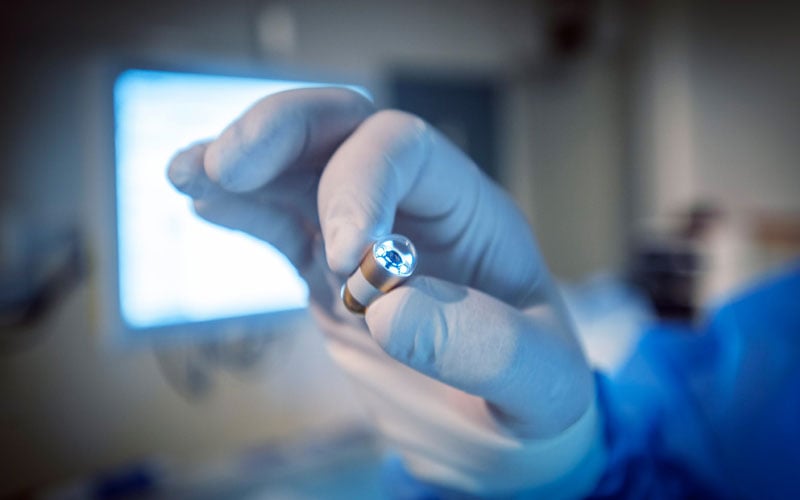
Pillcam is only as small as a capsule. Photo: Internet
This is Pillcam, a non-invasive method that can diagnose digestive system diseases invented by Israeli engineer Gavrial Iddan and Israeli gastroenterologist Eitan Scapa.
All the patient needs to do is swallow the Pillcam "capsule" and let it detect signs of disease, if any.
ICQ instant messaging application
ICQ (short for "I seek you") was a pioneer in instant messaging. It was developed in 1996 by Mirabilis, an Israeli company founded by Arik Vardi, Yair Goldfinger, Sefi Vigiser, and Amnon Amir, who met while working at Zapa Digital Arts in Tel Aviv, Israel.
Until ICQ was acquired by American online service provider (AOL) in 1998, it was one of the main competitors of AOL Instant Messenger.
USB flash drive
The USB flash drive was invented by two Israeli inventors/entrepreneurs, Dov Moran and Aryeh Mergi. Dov Moran is one of Israel's most prominent high-tech leaders.
SniffPhone Cancer Detection Device
SniffPhone is a compact handheld device that measures exhaled breath for early diagnosis of cancer, specifically stomach and lung cancer.
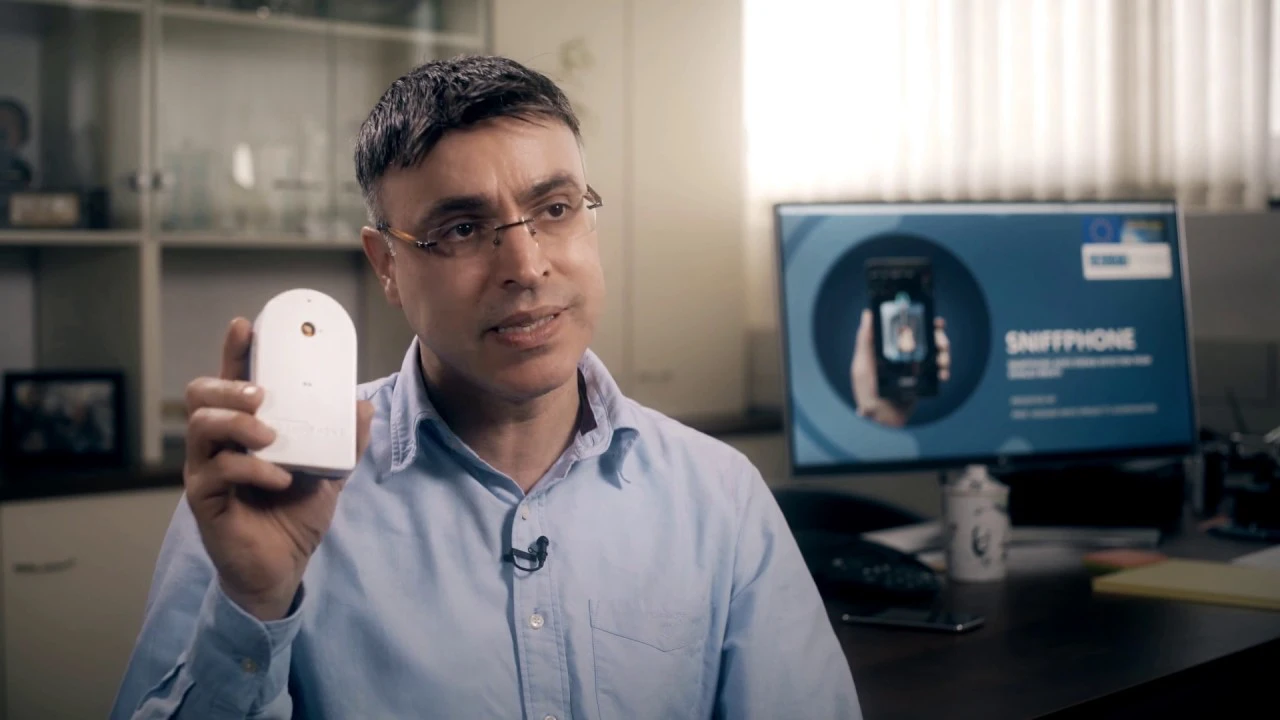
SniffPhone has a function to measure exhaled breath to diagnose cancer early. Photo: Sniffphone.eu
This small sensor device is being developed for cancer screening and can be attached to a smartphone. In practice, the user holds the device to their mouth and breathes into the sensor to collect a breath sample.
This invention is by Israeli chemical engineer Hossam Haick of the Technion Institute of Technology (Israel) and Professor Nir Peled of Tel Aviv University.
Supportive clothing for paralyzed people
Israeli entrepreneur Amit Goffer invented the ReWalk after a 1997 car accident left him a quadriplegic.
ReWalk is a suit that can help paralyzed people stand, walk, and climb stairs.
Although the ReWalk suit is extremely expensive (up to $70,000), it is still used in some hospitals for patients recovering from strokes and spinal cord injuries.
3D printing of the heart - a world medical breakthrough
The number of heart transplants in the US and elsewhere is increasing every year, but the number of donors cannot keep up with the demand. This makes the work of scientists at Tel Aviv University (Israel) to create a 3D-printed heart a breakthrough.
In 2019, using tissue from a human heart, Professor Tal Dvir and his team converted fat cells into stem cells and eventually into heart cells that were used to create the "bioink."
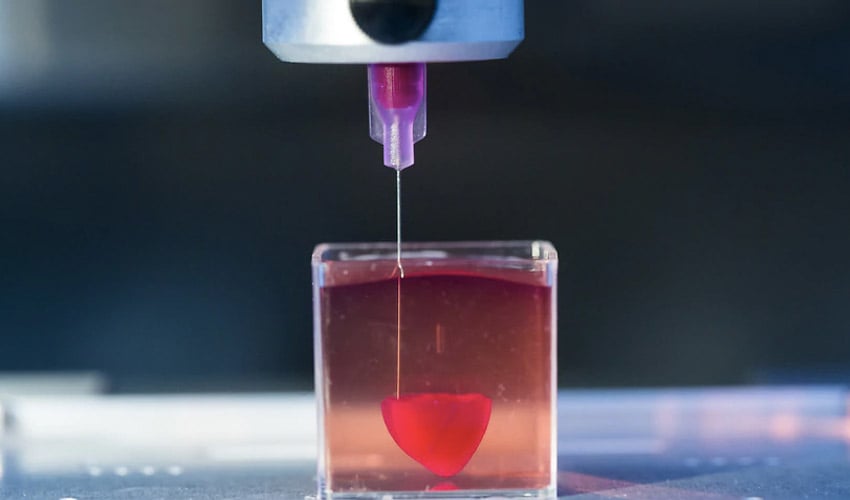
A group of Israeli scientists created a "breakthrough in medicine: When 3D printing a heart was successful. Photo: 3dnatives
Layer by layer, the printer built up the tiny organ (about the size of a rabbit's heart), complete with blood vessels. Scaling it up to a fully functioning human heart is the ultimate goal of Tal Dvir's team.
In 2019, Professor Tal Dvir's team created a "medical breakthrough" by 3D printing the world's first heart, helping to save the lives of many heart patients in the future.
Source: Moment Magazine
Source




![[Photo] Prime Minister Pham Minh Chinh launched a peak emulation campaign to achieve achievements in celebration of the 14th National Party Congress](https://vphoto.vietnam.vn/thumb/1200x675/vietnam/resource/IMAGE/2025/10/5/8869ec5cdbc740f58fbf2ae73f065076)


![[Photo] Prime Minister Pham Minh Chinh chairs the Government's online conference with localities](https://vphoto.vietnam.vn/thumb/1200x675/vietnam/resource/IMAGE/2025/10/5/264793cfb4404c63a701d235ff43e1bd)


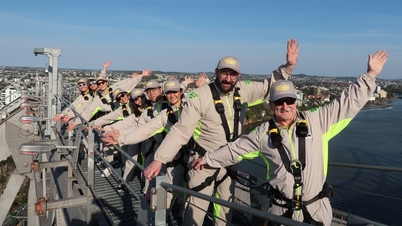







































![[VIDEO] Summary of Petrovietnam's 50th Anniversary Ceremony](https://vphoto.vietnam.vn/thumb/402x226/vietnam/resource/IMAGE/2025/10/4/abe133bdb8114793a16d4fe3e5bd0f12)

![[VIDEO] GENERAL SECRETARY TO LAM AWARDS PETROVIETNAM 8 GOLDEN WORDS: "PIONEER - EXCELLENT - SUSTAINABLE - GLOBAL"](https://vphoto.vietnam.vn/thumb/402x226/vietnam/resource/IMAGE/2025/7/23/c2fdb48863e846cfa9fb8e6ea9cf44e7)



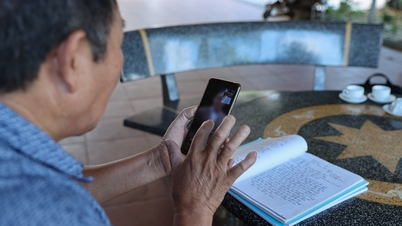












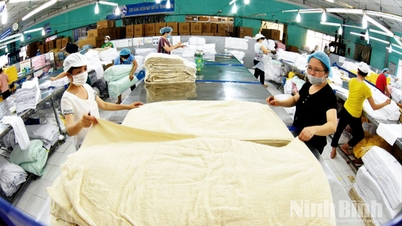



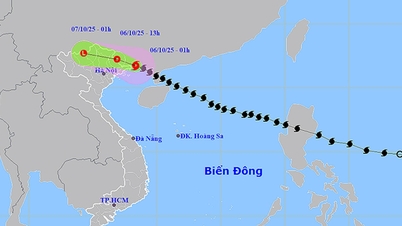

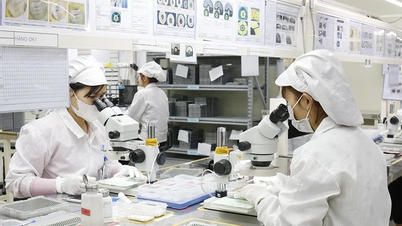
















Comment (0)